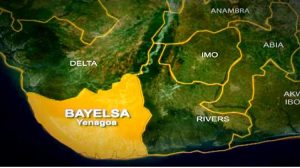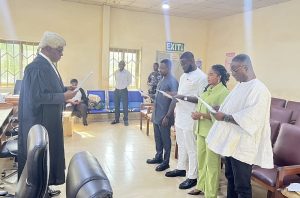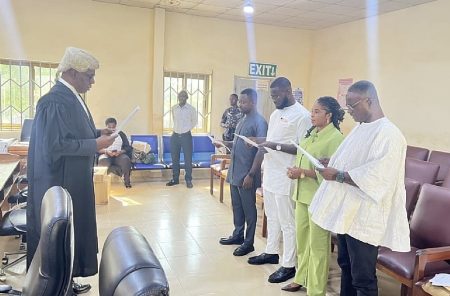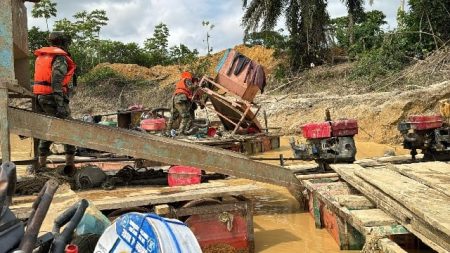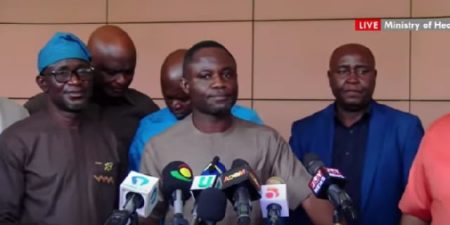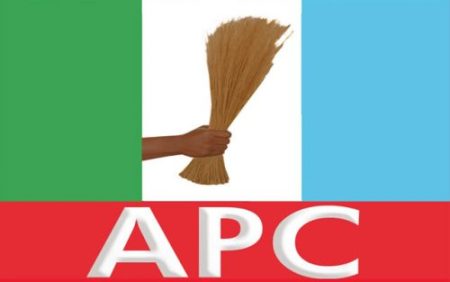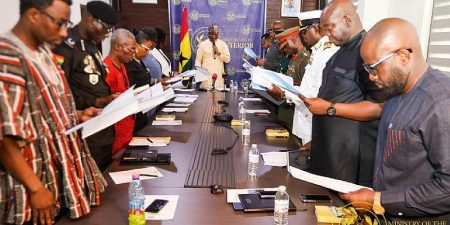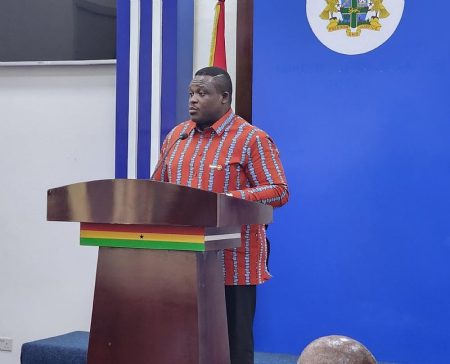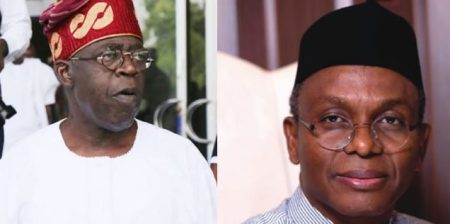The violent disruption of the Ablekuma North parliamentary rerun election, culminating in the assault on former Fisheries Minister Mavis Hawa Koomson, has sparked intense debate and condemnation. While the act of violence itself is universally denounced, the discourse surrounding the incident has delved into the complex interplay of political conduct, public perception, and personal responsibility. Victor Kwadjoga Adawudu, a member of the opposition National Democratic Congress (NDC) legal and communications team, while unequivocally condemning the attack, offered a nuanced perspective, suggesting that Koomson’s established political image, perceived by some as aggressive and confrontational, may have inadvertently contributed to the escalation of tensions at the polling station. This raises crucial questions about the potential consequences of cultivating a political persona based on intimidation and the responsibility of public figures to manage their image and its impact on public interactions.
Adawudu’s core argument revolves around the concept of reaping what one sows. He questions Koomson’s decision to carry pepper spray to a polling station, a move he interprets as provocative and indicative of a preemptive expectation of conflict. He contrasts this with the presence of other high-ranking NPP officials who were not targeted, insinuating that Koomson’s reputation preceded her and played a significant role in singling her out for attack. This line of reasoning, while not excusing the violence, introduces the notion that past actions and cultivated public image can create an environment conducive to hostility, potentially increasing the risk of becoming a target.
Adawudu’s critique of Koomson’s political brand centers on its association with violence and intimidation. He alleges that her conduct over time has fostered an atmosphere of fear and unease among certain segments of the public. This perception, he contends, likely contributed to the heightened tension upon her arrival at the polling station, suggesting that her presence became a catalyst for the ensuing violence. He emphasizes that this analysis is not a justification for the attack, but rather an attempt to understand the underlying factors that might have contributed to the incident. This introduces the complex relationship between a politician’s public persona and the reactions it elicits, highlighting the potential for negative perceptions to create vulnerabilities.
The incident itself unfolded at the St. Peter’s Society Methodist Church polling centre, where a group of unidentified men disrupted the voting process and assaulted several individuals, including Koomson and NPP parliamentary candidate Nana Akua Afriyie. Both women reportedly sustained facial injuries. The violence required the intervention of security personnel to restore order and allow voting to proceed under heightened security. The incident underscores the vulnerability of electoral processes to disruption and the importance of ensuring adequate security measures to protect participants, particularly in politically charged environments.
The rerun election in 19 polling stations within the Ablekuma North constituency was necessitated by unresolved legal and procedural issues stemming from the December 7, 2024, general elections. The constituency had remained without parliamentary representation since the initial election, highlighting the importance of resolving electoral disputes promptly to ensure effective representation. The eventual outcome saw the NDC candidate, Ewurabena Aubynn, narrowly defeating the NPP’s Nana Akua Afriyie, bringing closure to the prolonged electoral process in the constituency.
The Ablekuma North incident serves as a stark reminder of the potential for violence to disrupt democratic processes. While the attack on Koomson is unequivocally condemned, the discussion surrounding the incident has opened a broader conversation about the responsibilities of political figures in shaping public discourse and managing their public image. Adawudu’s arguments, while controversial, raise important questions about the potential consequences of cultivating a political persona based on aggression and the need for politicians to consider the potential repercussions of their actions and rhetoric. The incident underscores the fragility of democratic institutions and the importance of promoting peaceful and respectful political engagement to safeguard the integrity of electoral processes.


